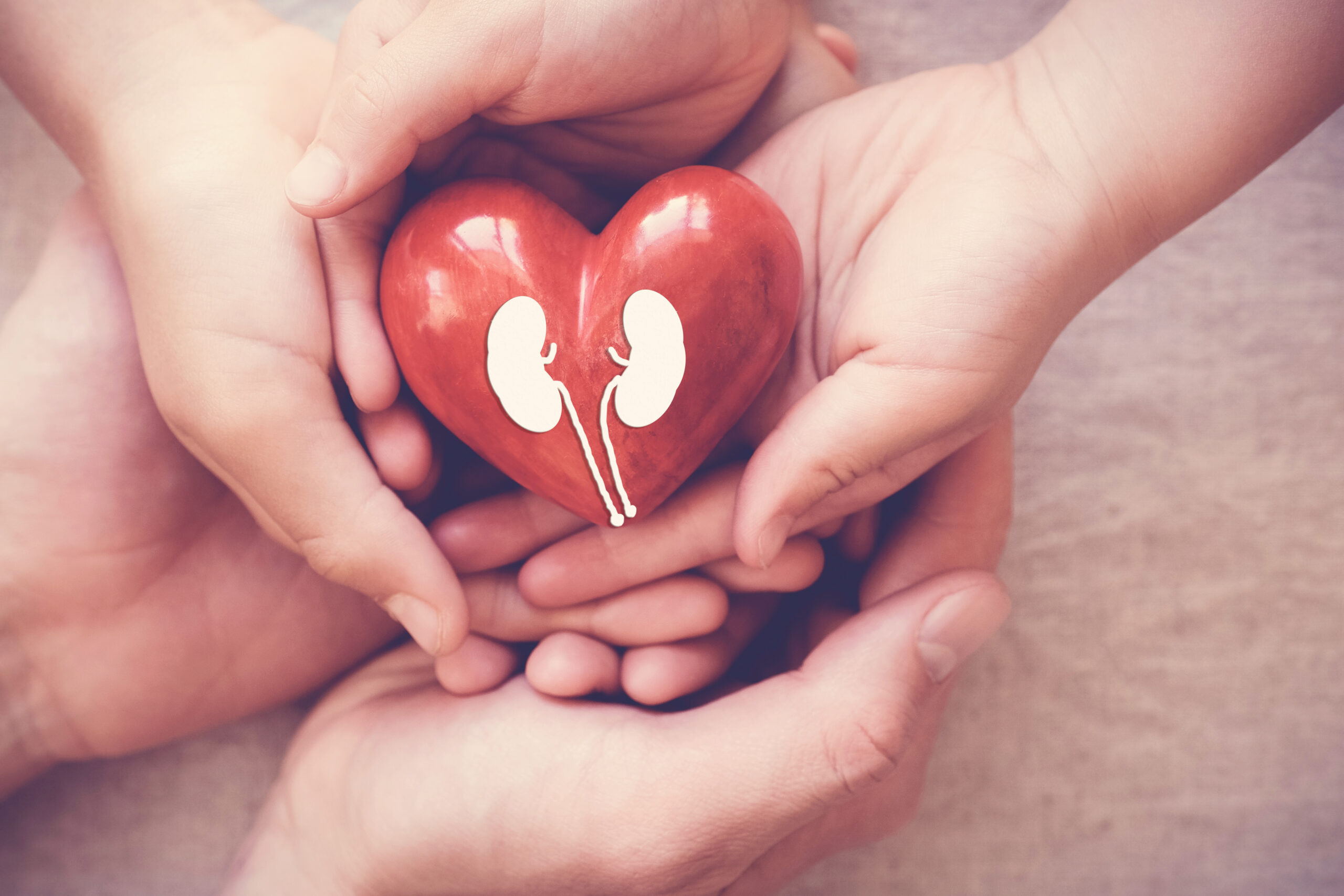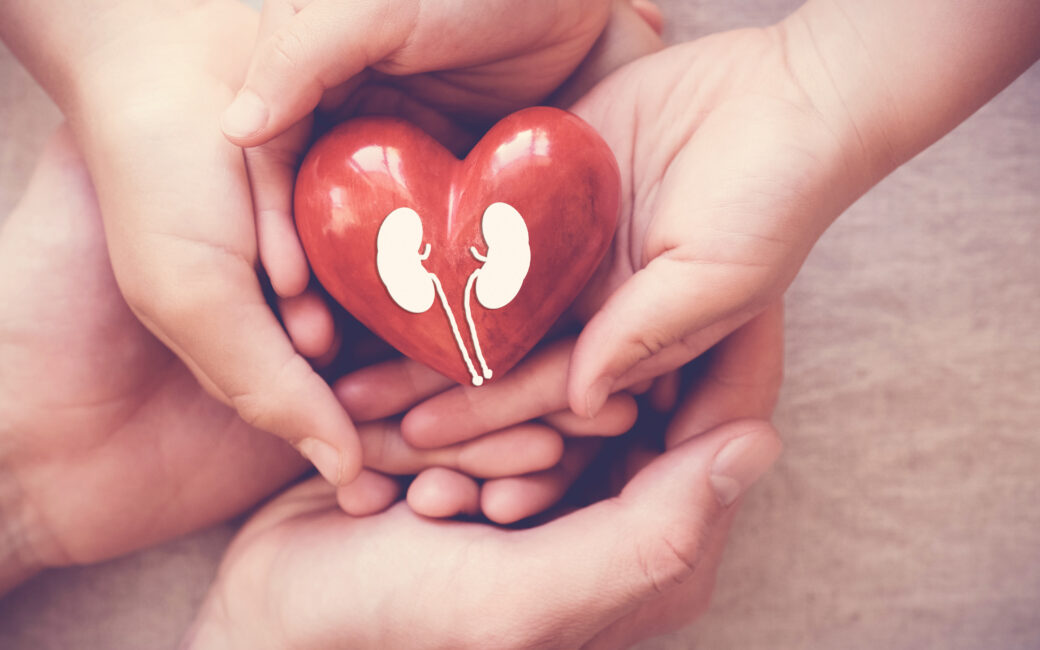Why High Blood Pressure Can Lead to Kidney Failure
About 108 million people in the U.S. have high blood pressure, and about 37 million people have chronic kidney disease. Blood pressure is measured by the force of blood pushing against blood vessel walls as your heart continues to pump out blood. High blood pressure, or hypertension, is the increase of that force on blood vessels as blood moves through the body. Your kidneys filter your blood, about half a cup per minute. They do this to remove waste and excess water to make urine. So, how can high blood pressure lead to kidney failure? High blood pressure can narrow your blood vessels, which harms them and makes them weaker throughout the body, thus reducing blood flow and affecting your kidneys.
This becomes an issue for your kidneys if the blood vessels become damaged, as they may no longer work properly and remove waste and extra fluid. Having excess fluid in this cycle can cause you to raise your blood pressure even more and lead to kidney failure. Keep reading to learn more about how you and your doctor can diagnose and catch kidney disease before it worsens due to high blood pressure.

First Stage Kidney Disease Symptoms
Kidney failure first-stage symptoms can be subtle and may not be noticed until the disease has progressed. So, how do you know if you're in the first stage of kidney disease? It's crucial to be aware of the subtle hints your body might be giving you. While the symptoms may not be obvious, there are symptoms you can look out for. Here are some first-stage kidney failure symptoms to watch out for:
- Fatigue: You may begin to feel unusually tired, even after a full night's sleep.
- Changes in Urination: Pay attention to any changes in the frequency or color of your urine. You may notice that you're urinating more frequently, or it may appear foamy or darker than usual.
- Swelling: Kidney dysfunction can lead to fluid retention, causing swelling in your ankles, feet, or face.
- Difficulty Concentrating: As waste products build up in your bloodstream, you might experience difficulty concentrating or thinking clearly.
- Increased Thirst: You might find yourself drinking more water than usual due to excessive thirst.
Common Kidney Disease Tests
If you suspect that you have kidney disease, several tests can be completed to diagnose it. Kidney disease diagnosis is vital for early intervention and management. These tests include:
- Blood Pressure Measurement: Hypertension is a common cause of kidney disease. Monitoring your blood pressure can reveal potential issues.
- Urinalysis: A simple urine test can detect protein or blood in your urine, which can be signs of kidney problems.
- Blood Tests: A simple urine test can detect protein or blood in your urine, which can be signs of kidney problems.
- Imaging: Imaging tests like ultrasounds or CT scans can identify structural abnormalities in the kidneys.
- Kidney Biopsy: In some cases, a kidney biopsy may be necessary to determine the extent of kidney damage.
Schedule an Appointment with a Nephrologist in the Milwaukee, WI Area
At Midwest Nephrology, we are committed to providing individualized care and guidance to our patients, providing the best possible care for each kidney condition. Being one of Wisconsin’s longest-operating and largest nephrology groups, you can easily find a Midwest Nephrology location with a team of providers ready to assist you in diagnosing and treating your kidney concerns. Contact Midwest Nephrology Associates for more information or to schedule a consultation.
